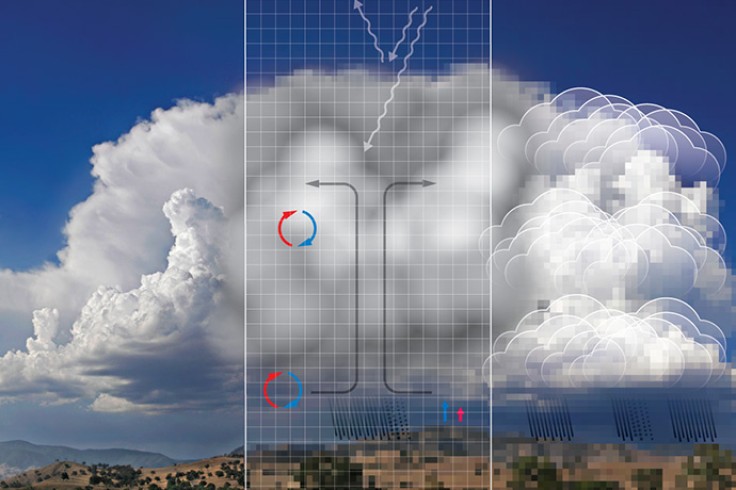Google's DeepMind AI outperformed the "gold standard" weather forecasting model in a bid to revolutionize automated meteorology, according to a study published on Tuesday.

The GraphCast AI proved to have more accurate predictions three to 10 days ahead than the widely regarded European model more than 90% of the time.
This was the first time a learning machine beat conventional weather forecasts.
Using a graph neural network, GraphCast analyzed over 40 years of data from the European Centre for Medium-range Weather Forecasts (ECMWF) to give its predictions at six-hour intervals.
The machine recorded weather patterns and locations spread around the globe in less than a minute on a single cloud computer the size of a small box.
For perspective, it takes an hour for conventional models on a supercomputer the size of a bus to complete a similar task.
AI's Future in Weather Forecasting and Meteorology
GraphCast AI "marks a turning point in weather forecasting" as a faster, cheaper, and more reliable method for weather forecasting.
Matthew Chantry, the ECMWF machine-learning coordinator, said the AI's progress in meteorology is "far sooner and more impressively than we expected even two years ago".
Experts, however, agree that AI models are not about to replace traditional methods soon. GraphCast's predictions still rely on training data supplied by older models.
The AI also remains unable to accurately predict sudden weather changes like Hurricane Otis that ravaged Acapulco with little to no warning last Oct. 25.
Other companies like Nvidia and Huawei are developing their own AI models to accurately predict weather patterns for cost-efficient alternatives.
Read Also: AI - Job Killers or Job Makers?
About ECMWF
The ECMWF is an intergovernmental organization responsible for innovative studies on weather forecasting, climate change, and advances in meteorology.
The organization works with various European nations to provide weather forecasting instruments and data. There are three ECMWF sites located in U.K., Italy, and Germany.
The ECMWF began publishing machine-learning weather forecasts on its website after Hurricane Lee became a tropical storm.









